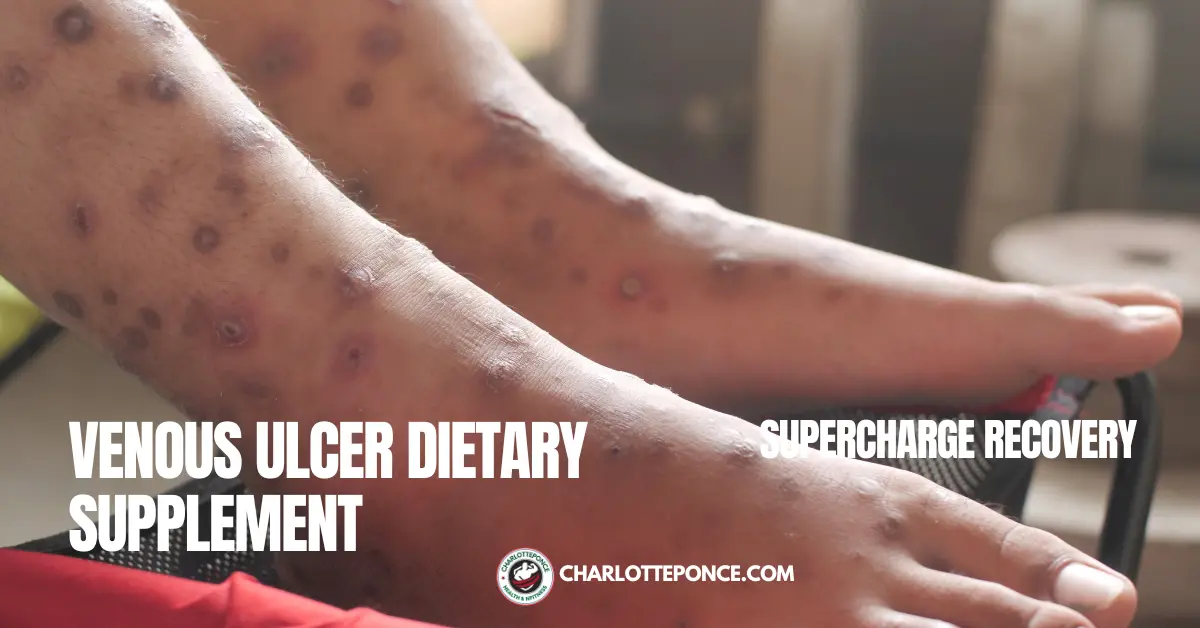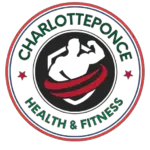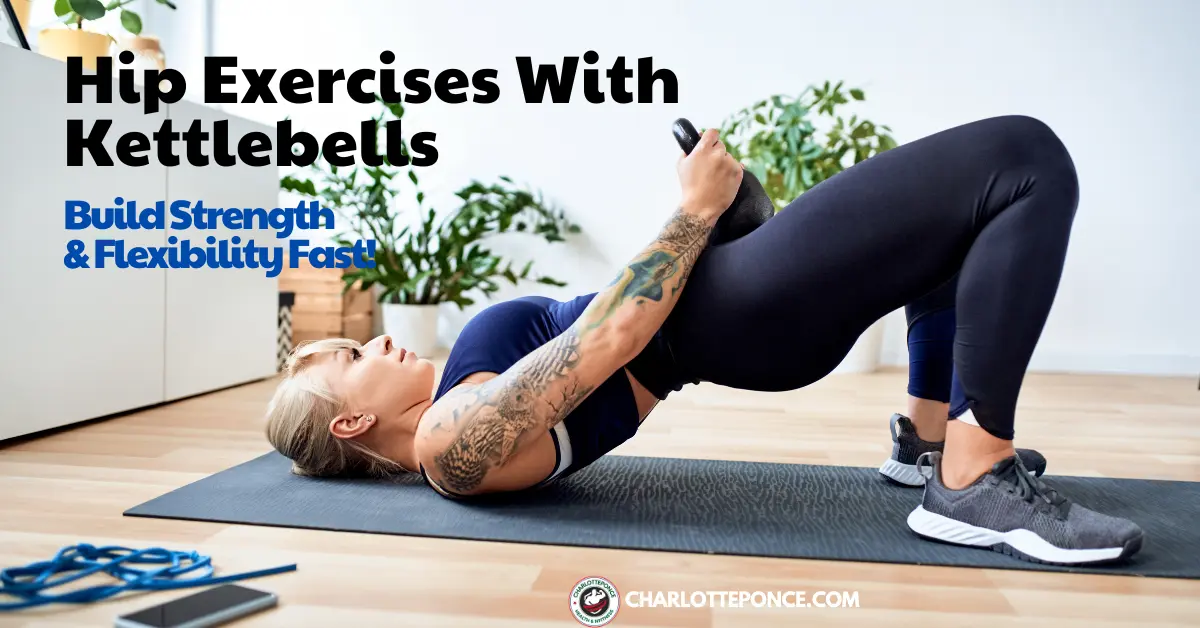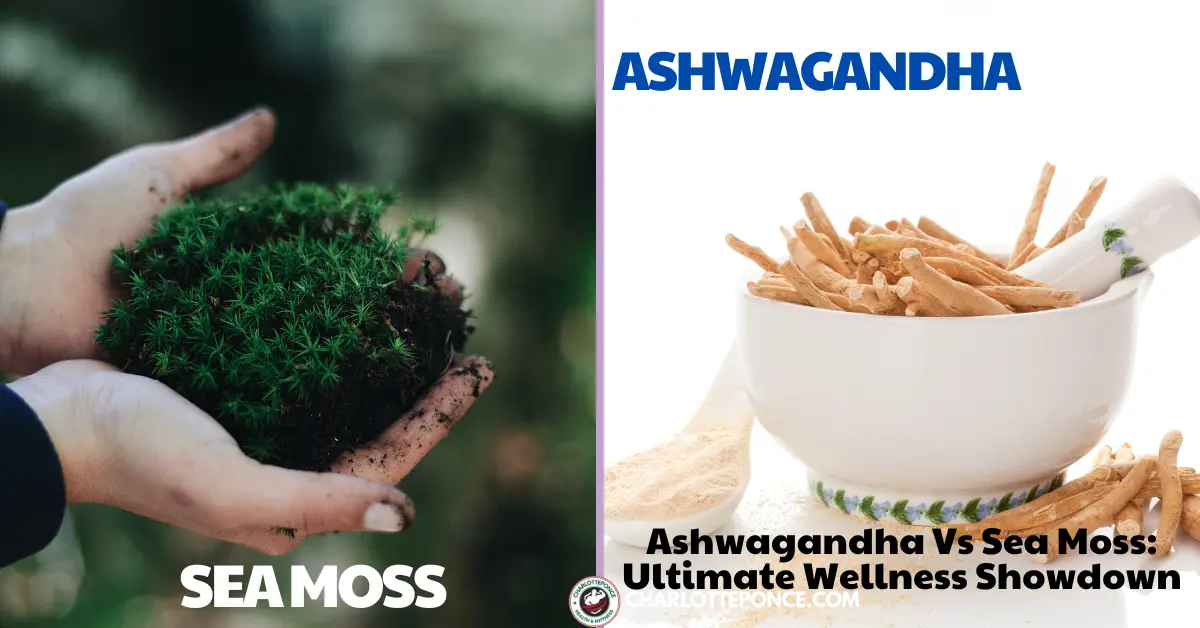Venous Ulcer Dietary Supplement, A healthy diet for venous ulcers should include foods like mangos, dark leafy greens, and fish, while avoiding salty and fatty foods. These dietary choices can help reduce venous insufficiency and promote healing.
Additionally, natural remedies like tea tree oil can also aid in the treatment of leg ulcers due to its antibacterial and anti-inflammatory properties. Oral nutritional supplements may also be beneficial in treating venous leg ulcers. It’s important to consult with a healthcare professional before starting any dietary supplement regimen.
Page Contents
ToggleWhat Are Venous Ulcers?

Venous Ulcer can be effectively managed with the help of dietary supplements. are open wounds that develop on the lower legs or ankles due to poor circulation of blood in the veins. They are often caused by venous insufficiency, which occurs when the valves in the veins do not function properly, leading to blood pooling in the legs. This can result in swelling, pain, and the development of ulcers.
Causes and Symptoms of Venous Ulcers:
- Poor blood circulation
- Venous insufficiency
- Damaged or weakened veins
- Obesity
- Varicose veins
- Smoking
Common symptoms of venous ulcers include:
- Pain and discomfort
- Swelling and inflammation
- Itching and redness
- Discolored skin
- Delayed wound healing
It is important to manage venous ulcers through proper treatment and care. Additionally, incorporating a healthy diet can help promote healing and prevent further complications. Some recommended dietary supplements for venous ulcers include mangos, dark leafy greens, and fish rich in vitamin E.
Importance Of Dietary Supplements
When it comes to healing and recovery, Venous Ulcer Dietary Supplement play an important role in aiding the process. Certain foods and supplements have been found to be beneficial for venous ulcers, promoting healing and supporting overall health.
Some foods that are good for venous ulcers include:
- Mangos: Mangos can reduce potentially dangerous venous insufficiency.
- Dark leafy greens: Spinach, arugula, kale, swiss chard, bok choy, or collard greens are rich in nutrients that support healing.
- Fish: Eating fish like trout and salmon increases vitamin E intake and helps reduce saturated fats.
On the other hand, it is best to avoid foods that are salty and fatty, as they can contribute to water retention and put extra pressure on varicose veins, limiting blood flow. Maintaining a healthy weight through a low-fat diet and regular exercise is also important.
In addition to dietary modifications, natural remedies like tea tree oil have been shown to be effective in treating leg ulcers. Tea tree oil has antiseptic, antibacterial, and anti-inflammatory properties that aid in healing.
Overall, a balanced diet and the appropriate use of nutritional supplements can contribute to the healing and recovery of venous ulcers.
Vitamin E
Vitamin E plays a crucial role in the healing of venous ulcers. This essential vitamin helps to promote blood circulation and improve overall skin health. It is known for its antioxidant properties, which can help reduce inflammation and protect against cellular damage. To ensure an adequate intake of vitamin E, it is important to incorporate food sources rich in this nutrient into your diet. Some examples of foods high in vitamin E include:
- Mangos: Mangos are not only delicious but also beneficial for individuals with venous insufficiency.
- Dark leafy greens: Spinach, arugula, kale, Swiss chard, bok choy, and collard greens are all excellent sources of vitamin E.
- Fish: Fish such as trout and salmon are not only rich in vitamin E but also help to reduce saturated fats in the diet.
By including these foods in your diet, you can support the healing process of venous ulcers and improve your overall skin health. Remember to consult with a healthcare professional for personalized dietary recommendations.
Zinc
Zinc plays a crucial role in the healing process of venous ulcers. It is essential for proper wound healing and immune function. Zinc helps in the synthesis of collagen, a protein necessary for tissue repair. It also has antioxidant properties, which can reduce inflammation and promote healing.
| Food | Zinc Content per serving |
|---|---|
| Beef | 7.0 mg |
| Lamb | 5.0 mg |
| Pumpkin seeds | 2.2 mg |
| Yogurt | 1.7 mg |
| Chickpeas | 1.5 mg |
Including these zinc-rich foods in your diet can help promote venous ulcer healing. It is important to consult with a healthcare professional or a registered dietitian before making any significant changes to your diet or introducing new supplements.
Hesperidin
Food sources containing hesperidin:
Hesperidin is a flavonoid found in various citrus fruits like oranges and lemons. It has shown potential in improving venous ulcer recovery. Some food sources rich in hesperidin include:
| Fruits | Vegetables | Herbs |
|---|---|---|
| Oranges | Spinach | Chamomile |
| Lemons | Kale | Parsley |
| Grapefruits | Arugula | Thyme |
Adding these food sources to your diet can help increase your intake of hesperidin, which may contribute to better venous ulcer recovery. Remember to consult with a healthcare professional before making any significant dietary changes.
Incorporating Dark Leafy Greens
When it comes to incorporating dark leafy greens into your diet to benefit venous ulcers, there are several ways to do so. Dark leafy greens such as spinach, arugula, kale, Swiss chard, bok choy, and collard greens are rich in vitamins and minerals that can support the healing process. These greens contain antioxidants, fiber, and phytochemicals that promote healthy blood flow and reduce inflammation.
To include them in your meals, you can add them to salads, soups, smoothies, stir-fries, or even make them into chips for a healthy snack. Get creative and experiment with different recipes to find what you enjoy the most. By incorporating dark leafy greens into your diet, you can provide your body with the necessary nutrients to support venous ulcer healing.
Including Fish In Your Diet
What foods are good for venous ulcers? Including fish in your diet can be beneficial for venous ulcer healing. Fish varieties such as trout and salmon are rich in vitamin E and can help reduce or eliminate saturated fats. Other foods that are good for venous ulcers include mangos, which reduce potentially dangerous venous insufficiency, and dark leafy greens like spinach, arugula, kale, Swiss chard, bok choy, or collard greens.
What vitamins are good for leg ulcers? Some vitamins that are good for leg ulcers include iodine, zinc, hesperidin, mesoglycan, diosmin, hyaluronic acid, and papain. These vitamins have shown potential effectiveness in the treatment of leg ulcers.
What foods should you avoid with venous ulcers? It is recommended to avoid eating salty and fatty foods as they can contribute to vein disease. Eating low-fat foods and maintaining a healthy weight through regular exercise are important to prevent complications. Salty foods can cause water retention and place extra pressure on varicose veins, limiting blood flow.
What is a natural remedy for leg ulcers? Tea tree oil is a natural remedy with antiseptic, antibacterial, and anti-inflammatory properties that can assist in the treatment and healing of leg ulcers.
Oral nutritional supplements can also be considered for treating venous leg ulcers. These supplements can provide additional nutrients to support the healing process. It is advisable to consult a healthcare professional before starting any new dietary regimen or supplementation.
Avoiding Salty And Fatty Foods
When it comes to managing venous ulcers, it is important to pay attention to the impact of salty and fatty foods on their development and healing process. Consuming excessive amounts of salty and fatty foods can have negative effects on venous ulcers. Salty foods can cause water retention, leading to increased pressure on varicose veins and impaired blood flow. On the other hand, fatty foods can contribute to obesity, which is a leading cause of vein disease.
To reduce the consumption of salty and fatty foods, here are some tips:
- Choose low-sodium alternatives or reduce the amount of salt used in cooking and seasoning.
- Opt for lean sources of protein, such as fish, instead of red meats that are high in saturated fats.
- Incorporate more fruits and vegetables into your diet, as they are low in fat and sodium.
- Limit processed and packaged foods, as they often contain high levels of salt and unhealthy fats.
- Read food labels carefully to identify hidden sources of salt and fat.
- Cook meals at home using fresh ingredients, allowing you to control the amount of salt and fat in your meals.
By following these guidelines, you can reduce the consumption of salty and fatty foods and support the healing process of venous ulcers.
Tea Tree Oil
The use of tea tree oil as a Venous Ulcer Dietary Supplement for treating venous ulcers is gaining popularity due to its antiseptic properties. Tea tree oil is known for its ability to kill bacteria, fungi, and viruses, making it an effective treatment option for leg ulcers. To use tea tree oil for treating venous ulcers, you can apply it directly to the affected area after cleaning it thoroughly.
It is important to dilute the oil with a carrier oil, such as coconut oil or olive oil, before applying it to the skin to avoid any adverse reactions. Venous Ulcer Dietary Supplement Regular application of tea tree oil can help reduce inflammation, promote wound healing, and prevent infection in venous ulcers. However, it is always advisable to consult with a healthcare professional before starting any new dietary supplement or treatment regimen.
Overview Of Oral Nutritional Supplements
| Overview of Oral Nutritional Supplements |
| Oral nutritional supplements are an important part of a balanced and healthy diet for individuals with venous ulcers. These supplements provide additional nutrients and vitamins that may be lacking in a person’s regular diet. They can help support the body’s healing process and improve overall health. |
| Benefits and Types of Oral Nutritional Supplements |
| There are several benefits of using oral nutritional supplements for venous ulcers. These include improved wound healing, increased energy levels, and enhanced immune function. Various types of supplements are available, including those rich in vitamins like vitamin C and vitamin E, minerals like zinc and iodine, and natural substances like tea tree oil. It is important to consult with a healthcare professional to determine the specific supplements that are best suited for individual needs. Proper usage and dosage instructions should always be followed to ensure maximum benefits. |
Effects Of Oral Nutritional Supplementation
| Effects of Oral Nutritional Supplementation |
|---|
| Research on the effectiveness of oral supplements for venous ulcers |
| Results and findings from studies |
Studies have shown that certain dietary supplements can have positive effects on venous ulcers. When it comes to oral nutritional supplementation, a variety of vitamins and minerals have been found to be beneficial. Foods such as mangos, dark leafy greens, and fish are rich in vitamins and nutrients that can help reduce venous insufficiency. For example, mangos contain compounds that contribute to the reduction of potentially dangerous venous insufficiency. Dark leafy greens like spinach, arugula, and kale are also beneficial due to their high vitamin content.
Fish, such as trout and salmon, not only provide essential vitamins but can also help reduce saturated fats. It is important to avoid foods that are salty and fatty, as they can lead to water retention and limit blood flow. Maintaining a healthy weight through a low-fat diet and regular exercise is crucial for preventing vein disease. Additionally, natural remedies like tea tree oil have been shown to help treat and heal leg ulcers. Tea tree oil has antibacterial and anti-inflammatory properties that aid in the healing process. Overall, oral nutritional supplementation and a well-balanced diet play a vital role in supporting the treatment and prevention of venous ulcers.
Consultation With A Healthcare Professional
It is important to consult a healthcare professional before starting any supplements for venous ulcers. Healthcare professionals have the knowledge and experience to assess your individual needs and provide personalized recommendations.
Consulting a healthcare professional is essential because they can:
- Ensure that the supplement is safe and suitable for your specific condition.
- Consider any potential interactions with medications or existing health conditions.
- Provide guidance on the proper dosage and duration of supplementation.
- Monitor your progress and make any necessary adjustments to your treatment plan.
By consulting a healthcare professional, you can ensure that you are taking the right supplements and maximize their effectiveness in managing venous ulcers. They can also address any concerns or questions you may have, providing you with the necessary support throughout your supplement journey.
Tips For Choosing And Using Dietary Supplements
Venous Ulcer Dietary Supplement can be effectively managed with the help of dietary supplements. When choosing and using these supplements, there are several factors that should be considered:
- Quality: Look for high-quality supplements that are manufactured by reputable companies.
- Ingredients: Check the ingredients list to ensure it contains nutrients that are beneficial for venous ulcers, such as vitamins A, C, and E, zinc, and bioflavonoids.
- Dosage: Follow the recommended dosage instructions provided by the manufacturer or consult with a healthcare professional for guidance.
- Side effects: Be aware of any potential side effects or interactions with other medications you may be taking.
- Reviews: Read reviews and testimonials from other users to get an idea of the effectiveness of the supplement.
- Consultation: It is always recommended to consult with a healthcare professional before starting any new dietary supplement regimen.
By considering these factors, you can choose and use the right Venous Ulcer Dietary Supplement can be effectively managed with the help of dietary supplements. to support the healing process of venous ulcers. However, it’s important to remember that dietary supplements are not meant to replace medical treatments and should be used as a complementary approach under the guidance of a healthcare professional.
Frequently Asked Questions (FAQs) About Venous Ulcer Dietary Supplement
What Foods Are Good For Venous Ulcers?
Good foods for venous ulcers include mangos, dark leafy greens (spinach, kale, etc. ), and fish (trout, salmon). Avoid salty and fatty foods.
What Vitamins Are Good For Leg Ulcers?
Vitamins that are good for leg ulcers include iodine, zinc, hesperidin, mesoglycan, diosmin, hyaluronic acid, and papain.
What Foods Should You Avoid With Venous Ulcers?
To promote healing, it is best to avoid salty and fatty foods as they can worsen venous ulcers. Obesity is also a contributing factor, so maintaining a healthy weight through low-fat foods and regular exercise is important. Salty foods can cause water retention, putting extra pressure on varicose veins and limiting blood flow.
What Is A Natural Remedy For Leg Ulcers?
Tea tree oil is a natural remedy for leg ulcers with antibacterial and anti-inflammatory properties that aid in healing.
What Are The Best Foods To Include In Your Diet For Venous Ulcers?
A balanced diet that includes mangos, dark leafy greens, and fish can help reduce venous insufficiency.
Conclusion
To support your journey towards healing venous ulcers, incorporating the right dietary supplements can make a significant difference. Some foods and supplements have been found to be beneficial for venous ulcers. Mangos, with their potential to reduce venous insufficiency, can be a delicious addition to your diet.
Dark leafy greens like spinach, kale, and Swiss chard are rich in nutrients that promote better circulation. Including fish like trout and salmon in your meals not only increases your vitamin E intake but also helps reduce saturated fats. On the other hand, it is important to avoid salty and fatty foods as they can worsen vein disease.
Maintaining a healthy weight through low-fat foods and regular exercise is vital to prevent excess pressure on varicose veins. Lastly, tea tree oil, known for its antiseptic and anti-inflammatory properties, can be used as a natural remedy to treat persistent leg ulcers.
By incorporating these dietary changes and supplements, you can support your body’s healing process and improve venous health. Remember to consult with a healthcare professional before making any significant changes to your diet or supplement routine.








